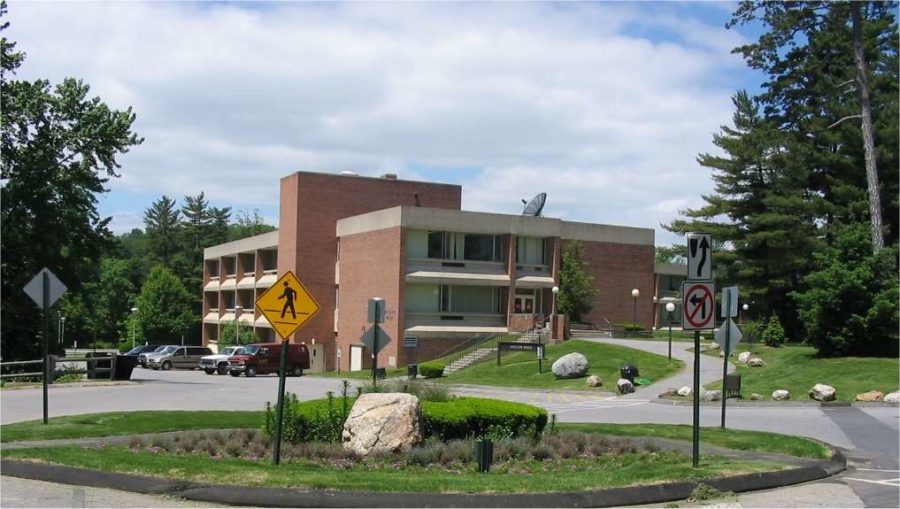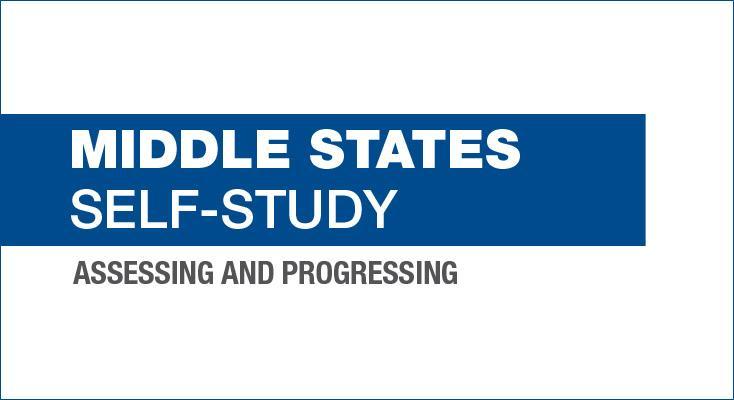Pace Prepares for Middle States Review
Pace will conduct its Middle States Review to determine if the university is achieving its mission statement.
The Middle States Commission on Higher Education is the regional accreditor that serves Pace for its decennial review. This review is conducted in conjunction with a self-assessment of the university that will culminate this spring.
With the Self-Study wrapping up in preparation for the spring review, this poses some important questions for the Pace community to consider: What is the importance of this review, and what exactly does this review mean for Pace as a whole?
“[The Middle States review] is critical to us, as an institution, for our funding,” Jean Gallagher, the Vice President for Strategic Initiatives said. “But, it’s also critical because it asks institutions to meet a certain standard of quality, and it’s important for us to demonstrate that we meet that level of quality. I think that’s important for us in recruiting students and in serving students and graduated students. So, it’s important to us that we take a close look at ourselves and ask if we’re as good as we think we are and identify opportunities for improvement.”
The Self-Study, which is integral to the review process, seeks to evaluate Pace as a whole through self-evaluation conducted by eight working groups. To ensure that this assessment has broad representation, these working groups have involved faculty from every school and departments, students, and the entire community in the process.
“We’ve encouraged the working groups to go out into the Pace community and to get as much information as possible,” said Gallagher. “And, we’ve encouraged everyone to be honest. You can’t improve if you’re not really looking at yourselves with a somewhat critical eye, so those are the things that are essential.”
These working groups were each designed to focus on a different aspect of the Middle States quality standards and requirements. Middle States has seven different standards in addition to 15 requirements for affiliation that all regional universities much achieve.
Each working group examined Pace with a different standard in mind to ensure that the university was meeting these standards and to make recommendations about how Pace could improve these standards.
“A lot of our recommendations have to do with improving student experience,” added Gallagher. “Even in the chapters [of the Self-Study] that aren’t about the students, we talk about the student experience . . . [This review] does matter because the students matter to us.”
While it is important for Pace to maintain accreditation, the self-assessment also provides a unique opportunity to look at the institution as a whole. This allows the university to critically examine how students are being served as a whole rather than on a departmental level.
“We talk about the idea of what ‘Opportunitas’ means and that we’re all here to create opportunities, and even though it’s a lot of work, [the Self-Study] is a great time to affirm what we do,” Dean Lisa Bardill Moscaritolo, Associate Vice President said. “Even the people who worked together in these working groups, they really went ‘Wow, look at what we do’. So, some of [the Self-Study] was super positive, for me, too.”
This Self-Study will be culminated into a single report based on the findings of these working groups. There will also be a visit this spring by a group of peer evaluators that will report on their findings. Middle States will then make an accreditation decision by holistically looking at these reports and evidence from the university.
While no decision will be made until June 30th, this is still something that impacts Pace now. The Self-Study is wrapping up and the final report is currently a working draft. Furthermore, this Self-Study follows a lot of uncertainty as Pace is in the second round of schools to be evaluated under revised standards.
“We meet the standards, so in that sense we are not of risk of not being reaccredited,” said Gallagher. “But, it’s hard to tell if they’ll ask for, if you’re not meeting a standard well enough, a follow-up report. So, we may have to have a follow-up report. What we hope is that they accept the report, that they say we’re reaccredited and that they’ll see us in eight years.”
Your donation supports independent, student-run journalism at Pace University. Support the Pace Chronicle to help cover publishing costs.


